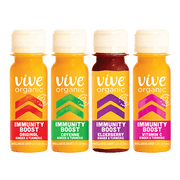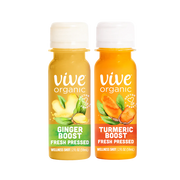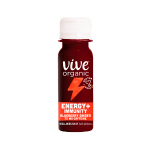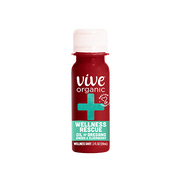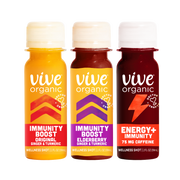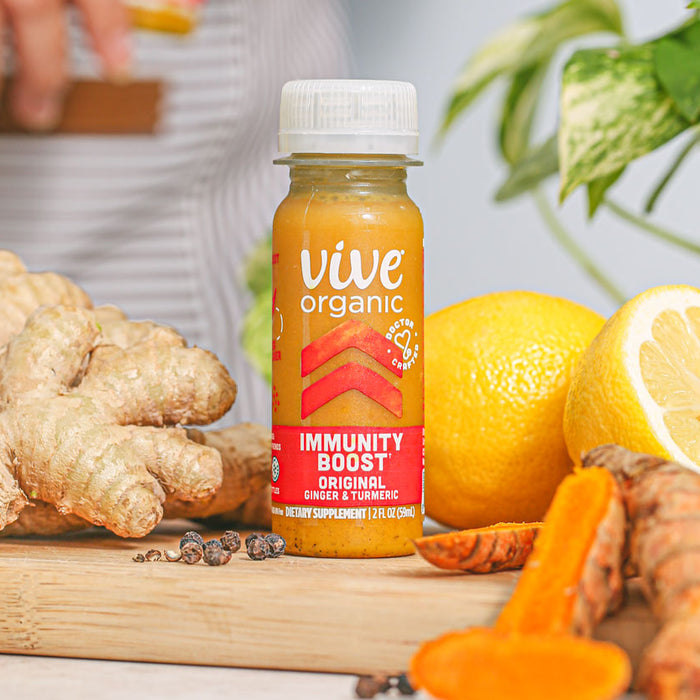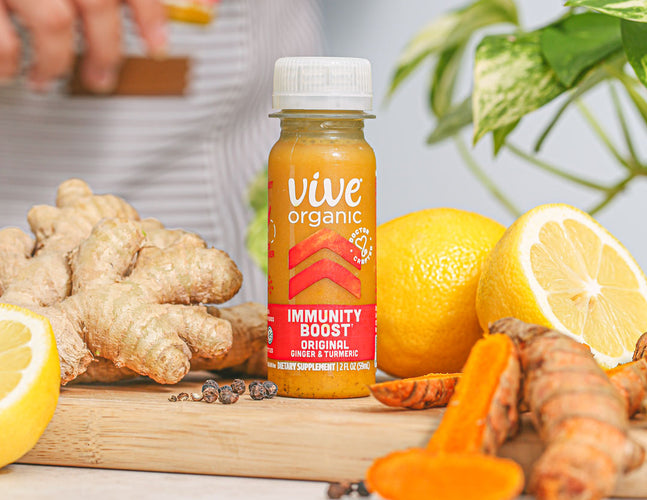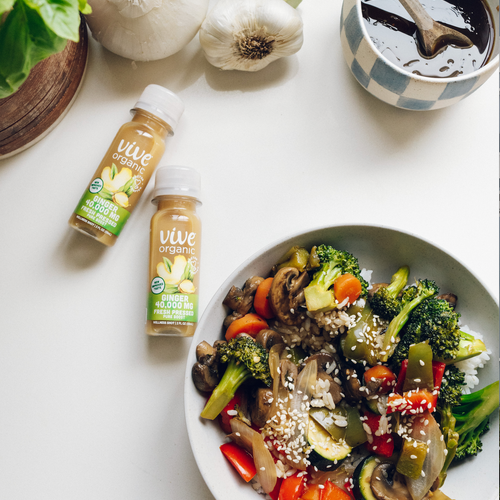Learn easy ways to eat more nutrient-rich vegetables
A healthy immune system is crucial for overall health. Your immune system helps protect against germs, viruses, and other pathogens.1
This complicated network of cells, organs, and proteins works 24/7 365 to keep you feeling your best. You want and need your immune system to be strong, healthy, and working hard for you at all times. 1
Eating a balanced diet that includes a variety of foods such as spring vegetables, fruits, and whole grains can contribute to immune system health. 2
In this blog we focus on spring vegetables - highlighting their nutrient benefits and how to optimize your spring vegetable intake.
Spring Vegetables, Nutrients, and Immunity
Vitamin C and zinc are often associated with supporting the immune system. And while these two nutrients are important for your immune system health, there are other nutrients that we want you to know about.
These nutrients, found in many spring vegetables, are important for a healthy immune system: 2,3,4,5,6,7,8,
- B Vitamins: the 8 vitamins in the B-group of vitamins are essential for a range of metabolic processes, including supporting healthy red blood cell function, antibody production, and immune cell development. Dark leafy greens are a source of some B-group vitamins.
- Fiber: supports the gut microbiome, which plays a role in overall health including aspects of immune function. This prebiotic fiber is important for overall gut microbiome health. Dark leafy greens, peas, artichokes, and beets are good sources of fiber.
- Folate: has an important role in immune cell growth and repair, antibody production, and cell signaling within the immune system. Also known as vitamin B9, folate is available in leafy green vegetables.
- Iron: is important for various aspects of the immune system, including the development and function of immune cells. Primarily found in animal products, iron is also available in kale.
- Vitamin A: along with being essential for healthy vision and growth, vitamin A has a key role in supporting immune cell function. Carrots and dark leafy greens are good sources of vitamin A.
- Vitamin C: an essential nutrient and antioxidant, plays a role in immune function. It's recognized for its potential to support the immune system. Spinach, carrots, and kale are sources of vitamin C.
- Vitamin E: an essential nutrient and antioxidant, this vitamin helps limit inflammation and is vital to almost 200 biochemical activities in your body. Leafy green vegetables are a good source of vitamin E.
While essential for immune health, nutrients like vitamin D, selenium, and zinc need to be sourced from other foods or supplements, as they are not typically found in spring vegetables. Remember eating a balanced diet that includes a wide variety of fruits, vegetables, whole grains, lean proteins, and natural unprocessed foods is important to your overall and immune system health. 4,5
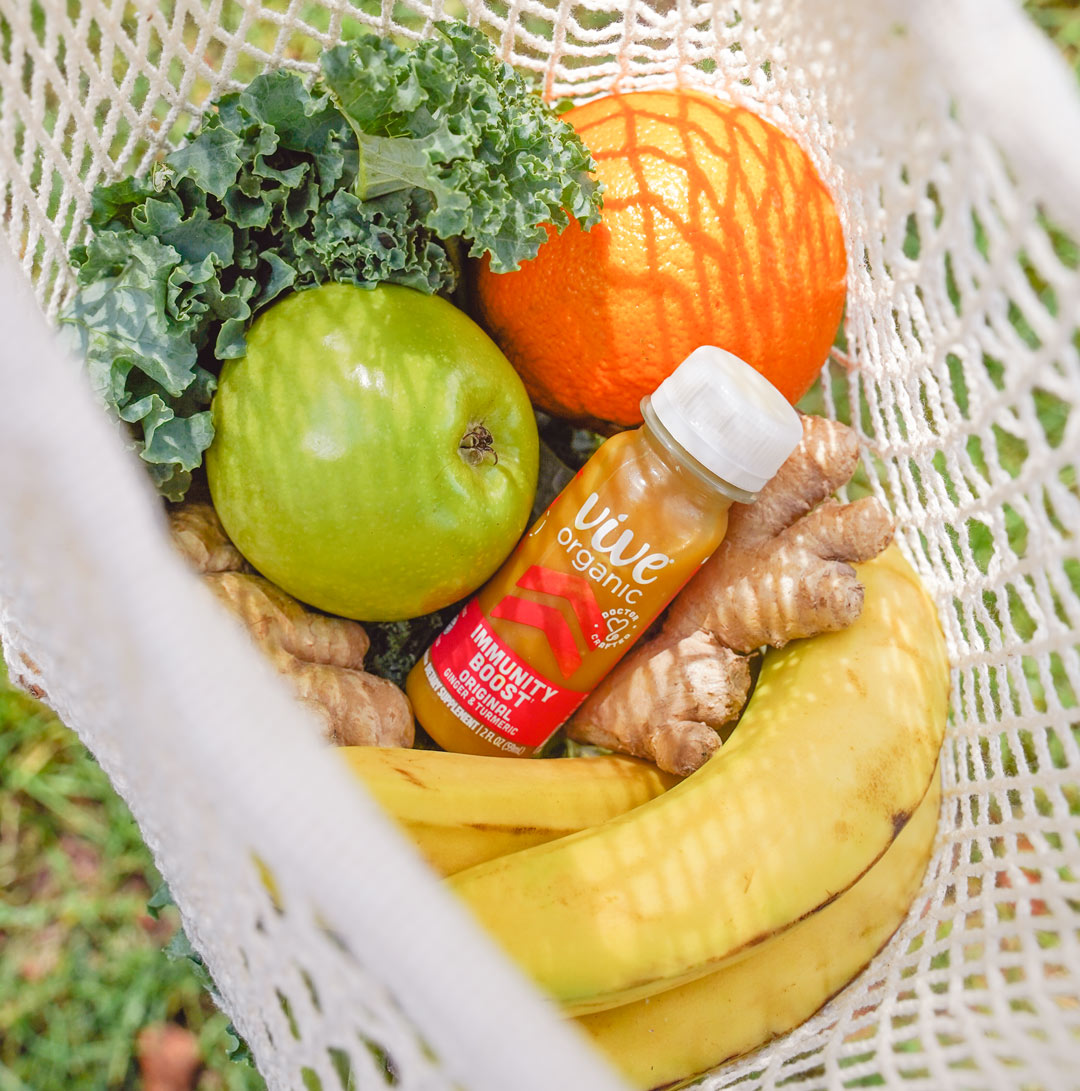
Optimizing Your Spring Vegetable Intake
You know you need to eat your vegetables, but some days it's a struggle to eat dark leafy greens or asparagus. We get it. So here are our top tips on how you can get the vegetables your body needs without eating a big kale salad every single day.9,10,11,
-
Focus on variety. The greater the variety of fruits and vegetables on your plate, in your bowl, and in your smoothie glass - the easier it is to get the nutrients you need, and not be bored with your food.
Get creative - add dark leafy greens to your smoothies and stews, try a new-to-you spring vegetable such as nettles, experiment with fresh herbs.
-
Make it easy to eat your vegetables. When you get home from the grocery store, make the time to wash, chop, and prepare your vegetables for easy eating.
We like to have containers in the fridge with carrot sticks, sliced radish, fresh peas, cooked new potatoes, and washed lettuce, spinach, kale, and mustard greens. This makes it easy to add vegetables to your plate, toss together a salad, or just snack while watching television.
-
Think vegetables at every single meal and snack. Not only will you eat a wider variety of vegetables but it is so easy to get your recommended daily amount this way. Plus you can avoid eating that big boring salad.
At breakfast, add spinach to your smoothie, add leftover vegetables to an omelette or wrap, grab some carrot sticks as you’re rushing out the door, or start your day with an all-vegetable stir fry.
Lunch is the ideal time to add a salad to your meal, get creative with adding salsa or guacamole as a side dish, add come cooked beets to your plate, eat a slice (or two) of veggie pizza, or stuff your sandwich with grated carrots, spinach, and spring onions.
For your last meal of the day, the vegetable options are endless including vegetable soups and stews, a meat and vegetable stir fry, side salads, veggie burritos, or roasted or barbecued vegetables.
When it comes to snack time, make it easy to munch on carrots, radishes, mini-vegetable wraps, sliced cucumber and bell peppers, or make a batch of green juice ready to drink while at your desk.
Here’s to a spring packed with your favorite activities, lots of spring veggies, and a healthy immune system!
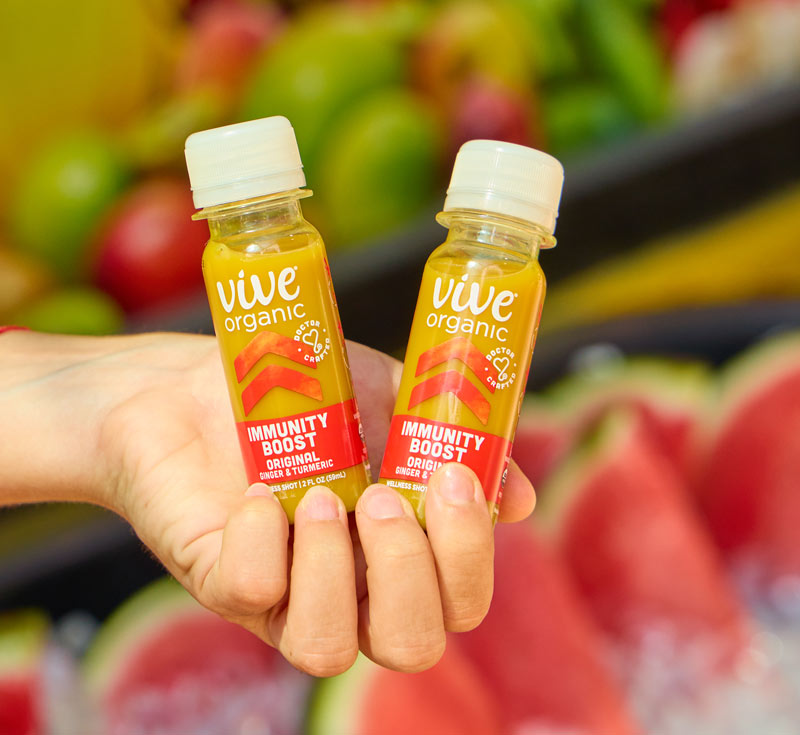
Disclaimer: This blog contains promotional content about our products. The information provided in this blog is for educational and informational purposes only and should not be construed as medical advice. While the nutritional information and health tips shared here are based on published studies and expert insights, they should not replace advice and treatment from a healthcare professional. Always consult a qualified healthcare provider with any questions you may have regarding a medical condition or health objectives.
Resources
- Immune System (Accessed March 27, 2024) https://my.clevelandclinic.org/health/body/21196-immune-system
- Nutrition and Immunity (Accessed March 27, 2024) https://www.hsph.harvard.edu/nutritionsource/nutrition-and-immunity/
- Dietary Supplements for Immune Function and Infectious Diseases: Fact Sheet for Consumers (Accessed March 27, 2024) https://ods.od.nih.gov/factsheets/ImmuneFunction-Consumer/
- 8 Vitamins & Minerals You Need for a Healthy Immune System (Accessed March 27, 2024)https://health.clevelandclinic.org/eat-these-foods-to-boost-your-immune-system
- Dietary Supplements for Immune Function and Infectious Diseases: Fact Sheet for Health Professionals (Accessed March 27, 2024)https://ods.od.nih.gov/factsheets/ImmuneFunction-HealthProfessional/
- In-Season Produce: Your Guide to Spring Vegetables and Fruits (Accessed March 27, 2024)https://www.forksoverknives.com/how-tos/spring-season-vegetables-fruits-guide/
- Bayer AL, Fraker CA. The Folate Cycle As a Cause of Natural Killer Cell Dysfunction and Viral Etiology in Type 1 Diabetes. Front Endocrinol (Lausanne). 2017 Nov 23;8:315. (Accessed March 27, 2024)https://www.ncbi.nlm.nih.gov/pmc/articles/PMC5703744/
- Peterson CT, Rodionov DA, Osterman AL, Peterson SN. B Vitamins and Their Role in Immune Regulation and Cancer. Nutrients. 2020 Nov 4;12(11):3380. (Accessed March 27, 2024) https://pubmed.ncbi.nlm.nih.gov/33158037/
- 15 Ways To Increase Your Veggie Intake (Accessed March 27, 2024)https://www.nutrition.va.gov/docs/UpdatedPatientEd/15WaystoIncreaseYourVeggieIntake2016.pdf
- Vary Your Veggies (Accessed March 27, 2024)https://www.myplate.gov/tip-sheet/vary-your-veggies
- 17 Creative Ways to Eat More Vegetables (Accessed March 27, 2024) https://www.healthline.com/nutrition/17-ways-to-eat-more-veggies
